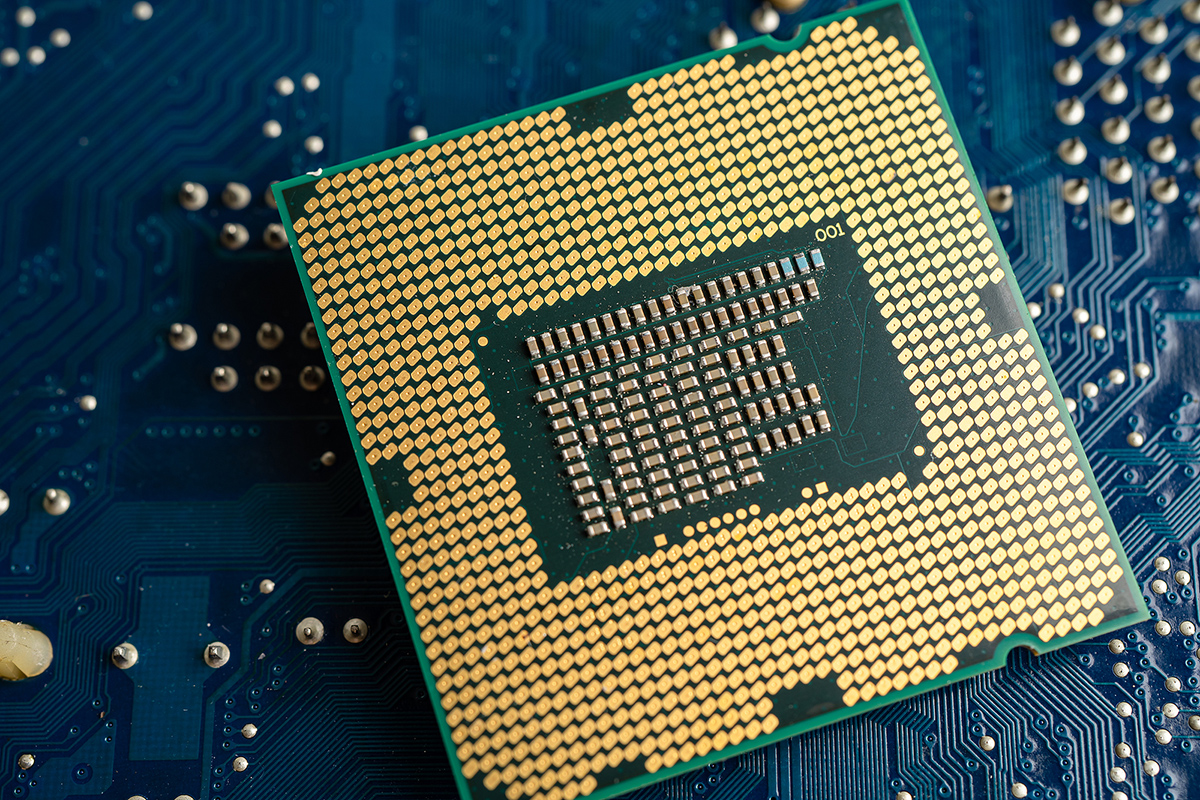Maria Demertzis*
The increasing importance of semiconductors to economic growth has led governments in different parts of the world to provide subsidies to the sector. These are intended to help meet the increasing demand, while reducing dependence on other geographies and thus making domestic production more resilient.
In 2015, China set out a comprehensive industrial policy strategy, ‘Made in China 2025,’ which identified semiconductors as one of the ten high-tech sectors for which China should reduce technological dependence on the West. Semiconductor subsidies under the plan amounted to $150 billion.
The United States has also adopted the CHIPS and Science Act that provides $52 billion in support to the industry. This includes funds to build and modernise facilities and equipment for semiconductor manufacturing – known as fabrication – alongside money for research and development.
The European Union has been late to the game. The European Commission in February, just before the Russian invasion of Ukraine, proposed the European Chips Act, a framework with the goal of giving the EU a bigger role in the global value chain for semiconductors.
The importance of chips to economic production can be compared to that of oil, or energy more generally. Just like energy, in its various forms, chips have become an essential input into production because of digitalisation, for most if not all economic activities. A lack of them can cause a severe disruption to production. The pandemic saw a sudden increase in demand for chips that could not be met in real-time. Only 10% of semiconductors are produced in Europe and so supply-chain interruptions during the pandemic created huge bottlenecks. In this context, the Chip Act aims to increase EU semiconductor production to 30% by 2030.
But for the EU, the comparison of chips to energy is also telling because the EU has yet again found itself dependent on suppliers from outside its borders. Russia’s invasion of Ukraine exposed the EU’s dependence on Russian energy. As semiconductor production is done elsewhere, the EU could potentially find itself exposed if the producers of such technology were to become adversaries. The importance of semiconductors in production justifies self-reliance, while business continuity creates a very strong economic rationale for diversification.
In an increasingly polarised world, there is also a risk that semiconductors are used to coerce third parties. The United States, for example, has put restrictions on selling semiconductors to China as a way of Chinese preventing access to what are considered critical technologies. This creates also a political/defence motive for investing in internal production. But that is a much bigger issue and must not be taken lightly at a time when there is so much need for international cooperation.
The EU’s proposed Chips Act comes at a crucial time to strengthen the EU’s economic resilience. But it is not without risks. Funds dedicated to promoting research and development, welcome though they are, they cannot provide a quick fix. Funds earmarked as subsidies can be counterproductive if they interfere with markets. At the same time as such subsidies will be administered by the countries themselves, those who have the fiscal space will exploit the opportunity to help their industry. But that also risks disturbing the level playing field between EU countries.
More importantly, no act can be a good substitute for a long-term economic-policy plan. The EU needs to think very carefully about how to create an industry that is going to be so pivotal to its economy. The Chips Act is the first, and an imperfect, step towards a long-term strategy that still needs to be designed.
*Maria Demertzis is the Deputy Director at Bruegel, and part-time professor of economic policy at the European University Institute. This piece was published as an opinion column on the Bruegel blog and also posted on the blog of the Cyprus Economic Society.




